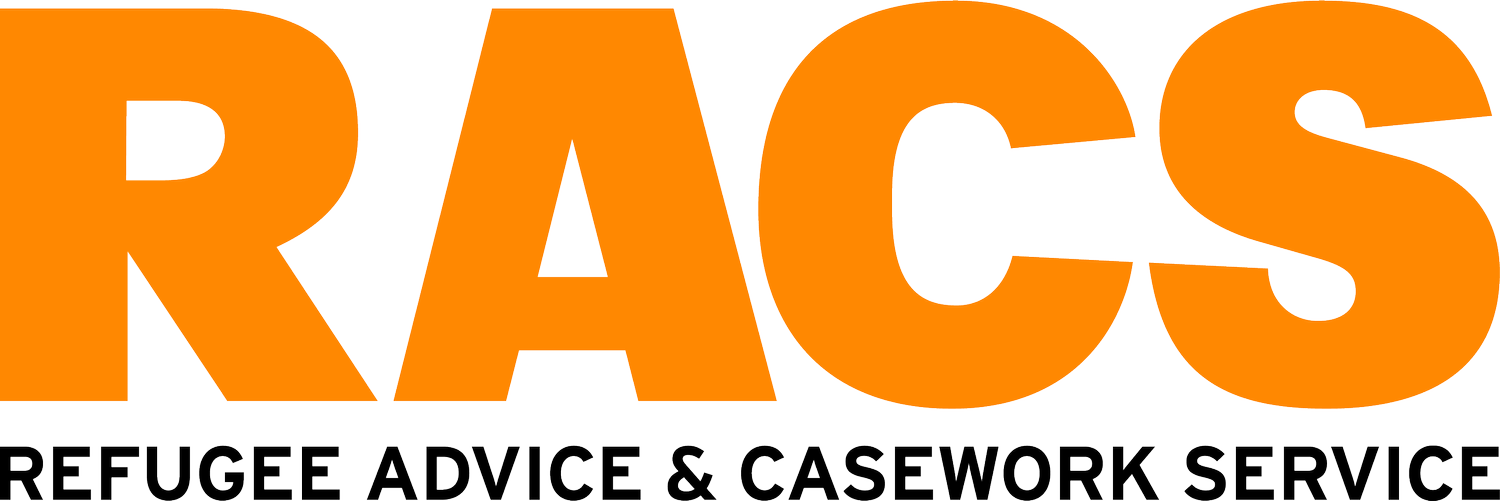
Over 114 million people have been forced to flee their homes because of war or violence. That is 1 in 73 people.
Australia has an obligation under international law towards those affected, offering safety and supporting host countries. It’s legal to seek asylum – in fact, seeking asylum is a human right.
Facts about refugees and people seeking asylum
-
A person seeking asylum is someone looking for protection because they fear persecution or have experienced human rights violations in their home country.
A refugee is a person who asked for protection and has been given refugee status.
Not every asylum seeker becomes a refugee, but every refugee starts out as an asylum seeker.
-
Everyone has the right to seek asylum from persecution, and it's not illegal to enter Australia without documents for this purpose.
Arriving by boat without a visa to request protection is not a crime under Australian law. However, as a matter of policy, boat arrivals without a visa are subject to mandatory detention and can never be given permanent protection.
For more information on migration facts and protection facts, visit Home Affairs Website
-
There is no queue. The misconception about a “queue” for asylum seekers entering Australia implies that some are unfairly skipping ahead of people registered with UNHCR or those waiting in refugee camps.
Asylum seekers coming to Australia by boat are not “cutting in line” of those waiting for resettlement. Instead, the Department of Home Affairs prioritises those with urgent needs.
According to the Refugee Action Coalition, if a global queue actually existed, people joining the back of the queue would have to wait more than 180 years for resettlement.
-
Under international law, someone seeking refugee status must prove they have “well-founded fear” of being persecuted in their home country for reasons like their race, religion, or political opinions.
This involves showing they face serious harm, including torture or inhumane treatment, because of these factors.
The 1951 Refugee Convention defines a refugee as: “someone who is unable or unwilling to return to their country of origin owing to a well-founded fear of being persecuted for reasons of race, religion, nationality, membership of a particular social group, or political opinion.”
-
Since World War II, Australia has accepted more than 950,000 refugees. These individuals benefit Australian society in various ways, through their contribution to the workforce, starting businesses, volunteering and more.
In Australia, refugees are twice as likely to start their own business compared to the rest of the Australian population.
Many of Australia’s most successful and celebrated figures have been asylum seekers, who, escaping persecution, have achieved a better life in Australia. Among them are Les Murray, Dr Karl Kruszelnicki, Ahn Do and Frank Lowy.
-
No, RACS can only assist people who are already in Australia.
If you are outside Australia, we can only suggest that you can contact UNHCR in your country.
-
From time to time, RACS will provide updates of relevance to our clients on our website. We also do our best to ensure our legal factsheets are up to date.
You can also look on the Department of Home Affairs website.
-
Yes, we give advice about bringing family members to Australia. We can sometimes prepare applications and represent people with these applications.
Please note:
Only people with a permanent visa are eligible to sponsor family members
We do not sponsor or fund sponsorship for family members
Learn more about our Reuniting Families program.
-
To learn more about how we can help, refer to our legal information and contact page.
-
People seeking asylum in Australia can find information about different stages of the application process here.
Please note RACS is only able to assist people who are already in Australia, not those who are overseas and wanting to come to Australia.
-
RACS specialises in providing legal services and advocacy for refugees and people seeking asylum. While other complementary services (such as food, housing or employment opportunities) may be helpful, legal services to help obtain a protection visa are the key to a safe future for refugees in Australia.
Studies show that having family with you is the single biggest determinative factor in how successfully a refugee can settle into a new community. This is why we also prioritise our family reunion work.
RACS also has unique programs dedicated to helping women at risk of gender based harm, LGBTQI+ refugees and stateless children.
-
We do as much as we can with the money we receive to help our clients. Donations keep lawyers, paralegals and support staff on the frontlines.
They fund our visa applications, interpreting costs, weekly outreach, community information sessions and more.
Thanks to the generosity of UNSW Sydney, which has provided us with office facilities, your donations are not used for rent or utilities.
Visit the Our Work page for more details on the range of programs you support.
-
RACS is primarily funded by donations. While we receive some funding from the government for specific projects, many projects rely entirely on donations and volunteer support.
-
You can stay informed on our latest news, success stories and updates by subscribing to the monthly RACS Wrap, regularly checking our website and following us on Instagram, Facebook or LinkedIn.
